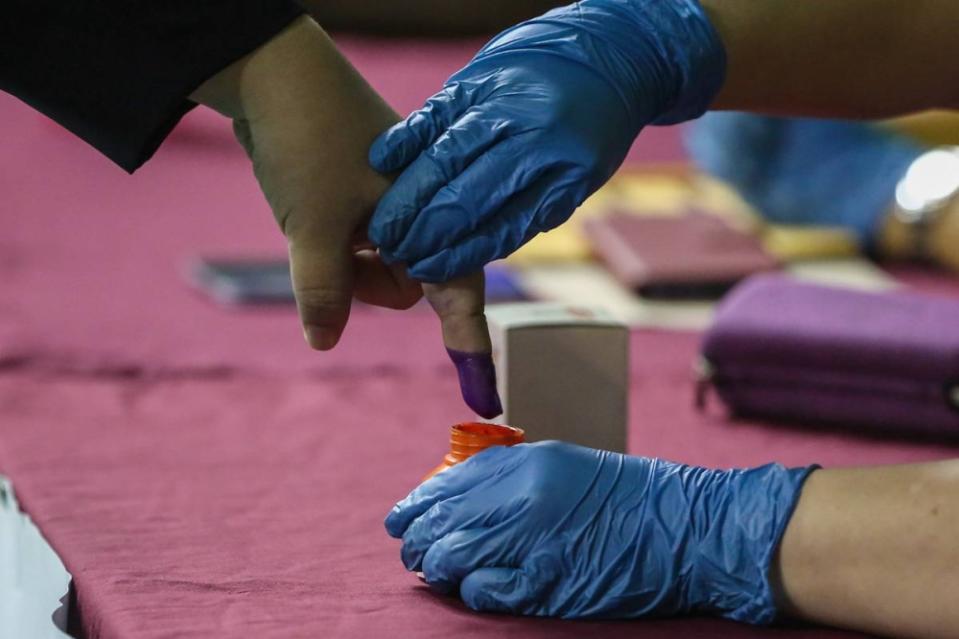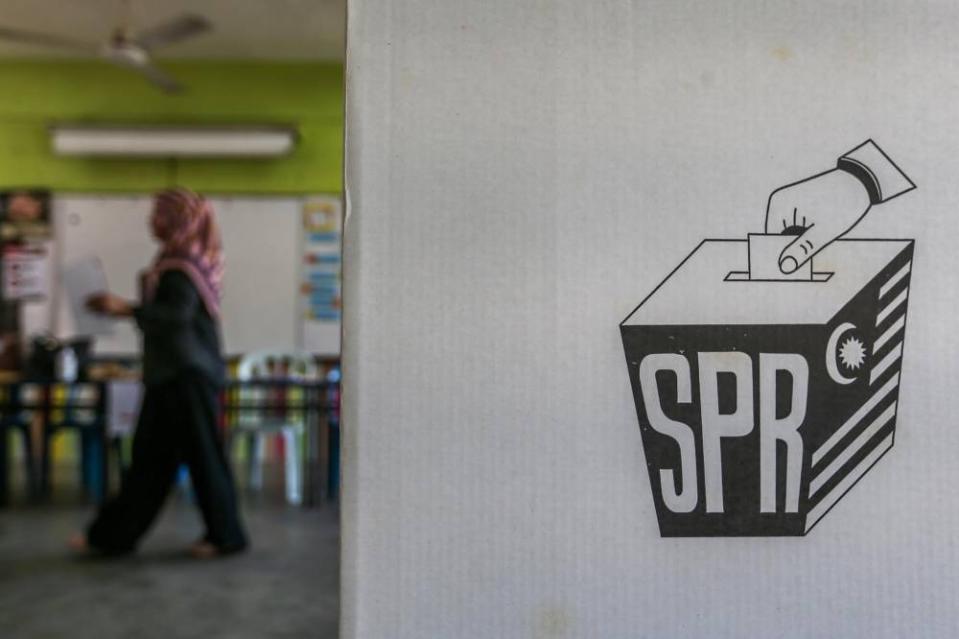Govt agencies, political parties the most active in spreading disinformation, new study finds

KUALA LUMPUR, Sept 8 — A review of campaign messages reported in the media and referenced in analyses of Malaysian elections since 1999 reveals the presence of five recurring patterns of disinformation often perpetrated by government agencies and political parties, according to a study by Asia Centre released today.
The think tank, a research institute in special consultative status with the United Nations’ Economic and Social Council, said it studied the last five national polls and found consistent disinformation campaigns usually built around falsehoods related to a candidate’s sexual orientation and promiscuity, corruption, electoral integrity, attacks against women politicians and foreign interference.
James Gomez, Asia Centre’s regional director, in a statement accompanying the report’s launch warned that the disinformation campaign is set to intensify in the run-up and during the 15th general election (GE15) that must be held by September 2023.
“Following the 2019 ‘Undi18’ constitutional amendment, youths have become prime targets of political parties in the upcoming elections in Malaysia. As a result, they will also become targets of disinformation campaigns as political messaging is expected to intensify in the run-up to and during the elections,” he said.
“During GE15, we can expect that these same types of disinformation will be deployed and recommend all Malaysians to be careful about information related to these specific topics.”
Asia Centre’s report suggested sexual orientation and promiscuity topped preference for the disinformation targeted at political rivals, especially as an attempt to discredit the Opposition.
It said accusations with a sexual undertone often resurface again and again in the election cycle as Malaysian politicians are mainly evaluated by the electorate for their “virtuous conduct”.
“Apart from casting doubt in the voters’ minds, accusations of sexual misconduct lead to drawn-out legal cases, with some facing the prospect of imprisonment. A case of note was of Anwar Ibrahim, who has borne the brunt of a sustained campaign since 1998 to discredit him using allegations of homosexuality,” the study said in reference to Opposition Leader Datuk Seri Anwar Ibrahim.
Anwar has been convicted and jailed twice for sodomy, but he has maintained to this day that the charges were trumped up.
Asia Centre said disinformation against Anwar continued from 1999 up until the Port Dickson by-election on October 13, 2018, which the PKR president eventually won.

The think tank said it studied the last five national polls and found consistent disinformation campaigns usually built around falsehoods related to a candidate’s sexual orientation and promiscuity, corruption, electoral integrity, attacks against women politicians and foreign interference. — Picture by Yusof Mat Isa
Disinformation by both sides
The study found that this type of disinformation was also perpetrated by the Opposition.
During the 2008 general election, a well-known example of sexual disinformation was SMS texts about the then deputy chief of Umno Youth and candidate for the Rembau seat in Negri Sembilan, Khairy Jamaluddin’s purported “sex video”. The clip was later revealed to be bogus.
The second most recurring pattern of disinformation is corruption allegations, which Asia Centre’s study described as rampant and perpetuated by both ruling and Opposition parties.
“Political disinformation on corruption has been primarily used to discredit the government or attack political rivals during the past elections. However, these allegations were used in different ways during the 2018 election to silence critics and manipulate online narratives,” it noted.
The research, held between May 15 and August 31 this year, incorporated desk research of primary and secondary documents and interviews with selected respondents.
Disinformation was defined by four categories: clickbait, hate speech, political and foreign interference.
The first is false sensational content aimed at driving online traffic towards itself, while hate speech seeks to mobilise support, stir ill-will and incite violence against ethnic and religious communities, women, sexual minorities, foreigners, migrant workers and refugees.
The third, the political, involves manipulating opinion to cause reputation damage to individuals, advocacy groups and political parties competing for power and influence, especially during elections.
Lastly, foreign interference includes organised and subtle influence operations from abroad to gain political outcomes in the target country.

The second most recurring pattern of disinformation is corruption allegations, which Asia Centre’s study described as rampant and perpetuated by both ruling and Opposition parties. — Picture by Hari Anggara
Government, parties major disinformation actors
Asia Centre said its study pointed to government agencies, political parties or campaign managers as the set of actors at the top of the disinformation chain as they directed the creation and spread of fake news.
“These actors commission disinformation to dispel criticism, discredit political opponents, and manipulate information flow and public opinion. Often, they keep some distance from the implementers of the commissioned disinformation in order to have room for plausible deniability,” the report said.
Foreign-based or local public relations or consulting firms, content companies, government-owned/friendly media, civil society organisations and individual contractors were found to be the next most active spreaders of false information.
The think tank said these actors study the political situation, thereafter, develop a disinformation strategy based on their clients’ requirements, draft the political content, design relevant graphics, produce videos and pass it down for dissemination.
The third set and at the bottom level include hardliners, bots and paid or voluntary cyber troopers.
The 15th general election (GE15), to be held latest by 2023, will see youth voters become a key bloc. A total of 5.8 million voters, including 1.2 million aged between 18 and 20, will go to the polls for the first time following the 2019 “Undi18” (Vote18) constitutional amendment.
With internet penetration and social media usage at an all-time high, Asia Centre predicted the online campaign for GE15 is set to be intense, placing youth voters at the centre of competing campaign messages.
The group said its baseline study was aimed at identifying risks from a recurring pattern of disinformation that youth and other voters are likely to face throughout the elections.

One of the key recommendations is that election regulators set up an election fact-checking mechanism to debunk false news, so as to have one source of truth that every Malaysian can go to when seeking to verify online information. — Picture by Hari Anggara
Five recommendations
To counter the problem, five key recommendations were made targeting educational institutions, the Election Commission, government, media, NGOs, political parties, technology companies and youth, which the institute said are necessary to keep elections fair and disinformation minimal.
Among them was the suggestion that election regulators set up an election fact-checking mechanism to debunk false news, so as to have one source of truth that every Malaysian can go to when seeking to verify online information.
Education institutions like universities are also advised to play an active role in raising awareness about disinformation. The institute suggested including digital and media literacy in the basic curriculum to ensure all students aren’t easily victimised when online.
“All recommendations provided inside the report are methods that have been tested in other democracies across South-east Asia and beyond,” Gomez said.
“Following tried and tested principles to protect elections integrity should be front and centre for all stakeholders involved in the electoral process, from the government, to media, and all the way to anyone casting a ballot, especially if it’s their first time doing so.”



